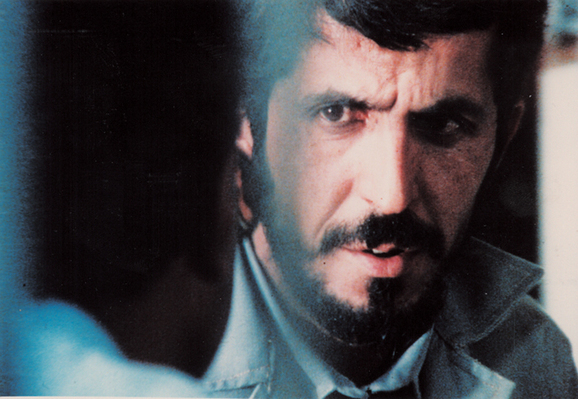Hossain Sabzian is not a bad man. He is a man deeply interested in cinema. He is also not film director Mohsen Makhmalbaf.
Close-Up is one of the most harrowing and complex films ever made. It explores the true story of how a man named Hossain Sabzian tricked a family into believing he was popular film director Mohsen Makhmalbaf. It's a tale straight out of fiction, but its all 100% true.
Director Abbas Kiarostami shakes the tree of honesty to levels never seen on film. He tells the story of Sabzian by having Sabzian give his best performance yet: as himself. Makhmalbaf is not frequently an actor, and yet, he plays himself during the film's careful and deliberate trial.
The family that was affected by Sabzian's lie is also performed as themselves. The film is approximately 50% trial, and it feels like one too. It feels tedious, but has an unshakable amount of tension.
Intercut between the trial is the film's visual aspect in its storytelling. Sabzian and the mother of the family meet on a bus. He tells her that he is Makhmalbaf based on the fact she is reading a Makhmalbaf screenplay. She believes him, and Sabzian convinces her to let him film a movie in their household for some money.
Hossain Sabzian is not a bad man, but he has done a bad thing. At the film's end, Sabzian asks for forgiveness. The family grants him forgiveness. Sabzian leaves the court via motorbike, with Makhmalbaf driving. The film's final frame shows Sabzian still feeling regret. He is a changed man.
Twenty-three years have passed since the release of Close-Up. I do not know anything else about Hossain Sabzian, but I imagine he is prosperous in whatever he is doing, and forgiven for his sin. Jean-Luc Godard once said that cinema was truth, at 24 frames per second. Abbas' Kiarostami's Close-Up most definitely is the truth, at 24 frames per second.


No comments:
Post a Comment